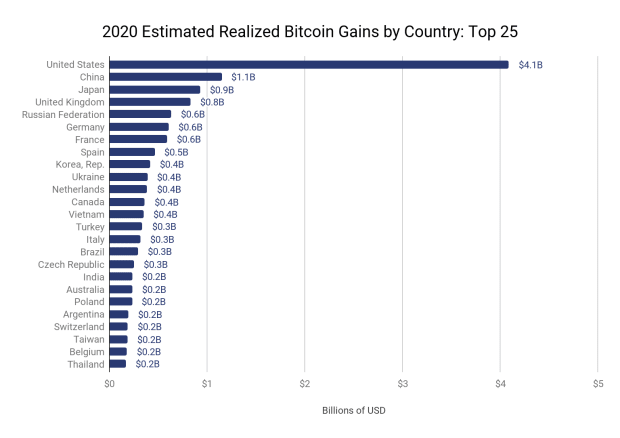U.K. Startup Launches Crypto-themed Toys; Oh, and They’re on the Blockchain

Just in time for the holidays, a U.K. startup is launching a line of crypto-themed toys
Concerned about the absence of provenance and authenticity for designer toys, CryptoKaiju has launched a set of uniquely collectible toys that are traceable on the blockchain.
Its flagship first figure, designed to illustrate a monster with a Bitcoin theme, is dubbed “Genesis,” a nod to the first block in a blockchain. The monster is on sale now for $55 plus shipping.
For each Genesis toy purchased, the buyer will get a unique token that sits within a smart contract. The token will detail the toy’s metadata, including birth date, color, gender, a brief description and personality traits — which is where the scarcity comes in, creating a varying demand for the toys, as no single toy will ever be alike.

CryptoKaiju will also be floating a subscription service that will launch a week after the toys ship out to customers. The subscription service will reward subscribers with a unique Kaiju every month, along with a corresponding ERC-721 token. Users have the option to subscribe for a 6-or 12-month period.
CryptoKaiju was founded by Coin Journal’s Oliver Carding along with David Moore, James Morgan and Andy Gray, the three co-founders of digital art marketplace Known Origin. In an email correspondence with Bitcoin Magazine, Carding said the founders were inspired by the authenticity issues they had experienced in the past collecting designer toys.
“When I met the guys from KnownOrigin I was introduced to the world of ERC-721 art which led me to the idea of creating a physical collectible which has come with a lot of challenges, from exactly how we link the toy to the smart contract, to how we ensure the tag can’t be removed and attached to another item,” Carding explained.
“With their wealth of experience in the space, we’ve released a product that I am proud of. I hope when someone opens their Kaiju and scans it for the first time they get the same nostalgic feeling that they had when they opened up their Bearbrick to see if they got the chase from the series.”
The company plans to send out the first batch of Genesis figures before December 2018. The toys are expected to provide users with provenance, scarcity and authenticity.
According to Carding, the first batch will be limited to 130 pieces, and it won’t be re-released. Once the stock is exhausted, the company will create a new set of vinyl toys which will be marked as a separate batch within the smart contract. The new models will vary in color, style and digital traits.
Users will be able to use their smartphones and others devices to read their kaiju’s metadata. By scanning a tamper-resistant, near field communication chip (NFC) built into the foot of each collectible, toy owners will be able to access the toy ID, which can be used to look up the toy’s metadata within the dApp.
This article originally appeared on Bitcoin Magazine.









